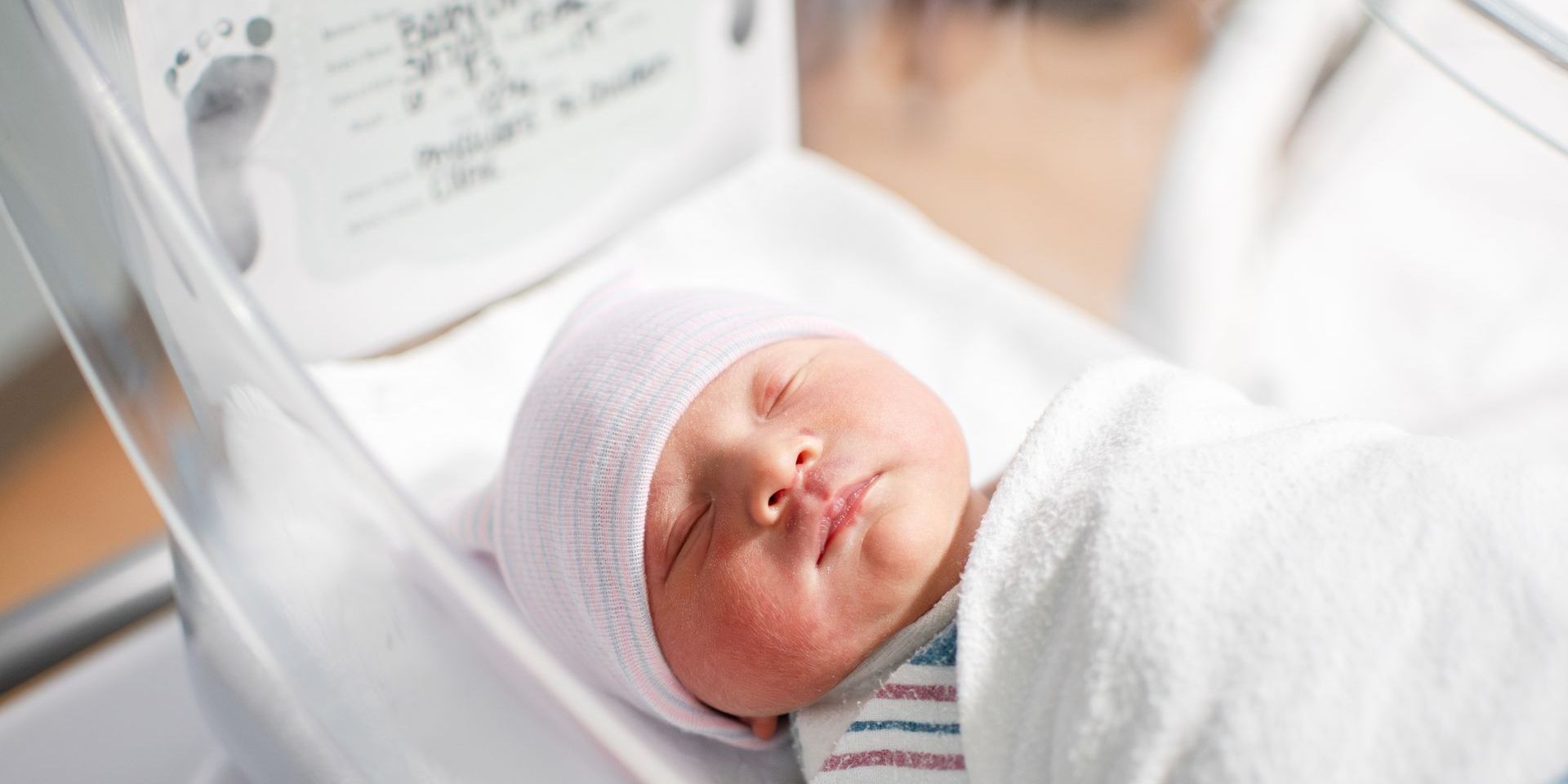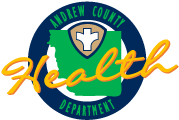Vital Records
- Mon - Fri
- -
- Sat - Sun
- Closed

Birth & Death Records
The Andrew County Health Department provides certified copies of birth and death certificates for eligible individuals. Please note: We accept cash or checks only—credit and debit cards are not accepted.
Birth Certificates
- Available: For individuals born in Missouri from 1920 to the present.
- Fee: $15.00 per certificate.
Death Certificates
- Available: For individuals who passed away in Missouri from 1980 to the present.
- Fee: $14.00 for the first certificate, $11.00 for each additional copy ordered at the same time.
How to Request a Vital Record
To request a birth or death certificate:
- Complete the Vital Records Request Form (Download and submit via mail or in person).
- Submit the form with the required fee.
- Visit us in person or mail your completed form to our office.
Additional Information
- Marriage Certificates: Available from the Recorder of Deeds in the county where the license was issued.
- Divorce Certificates: Available from the Clerk of Circuit Court in the county where the divorce was granted.
For Adoptees
Missouri adoptees can now request their original birth certificates thanks to the Missouri Adoptee Rights Act. This law allows adoptees to access these records without a court order. For more details on obtaining a non-certified copy of your original birth certificate, visit the Missouri State Vital Records Office.
Get in Touch
For assistance with your vital records request, please call our office or email us at info@andrewcountyhealth.com.
Let us help you access the documents you need!
Additional Services
Need Assistance?
Have questions or need guidance? Our team is here to help! Reach out today and let us support your health and wellness journey.
Contact Us
info@andrewcountyhealth.com
106 North 5th Street, Savannah, Missouri 64485, USA
- Mon - Fri
- -
- Sat - Sun
- Closed



